Posts in: Leadership in Action
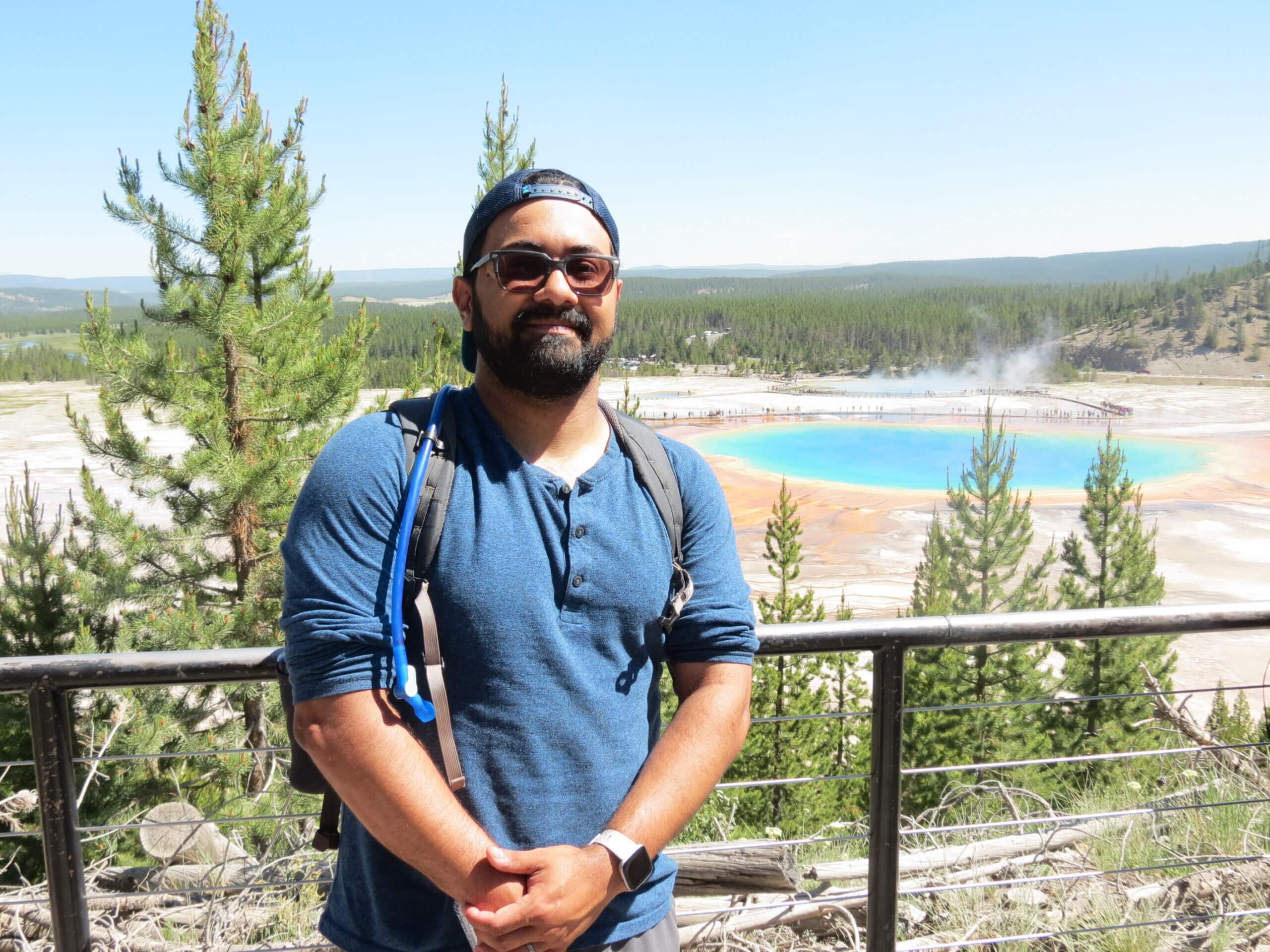
Bridging Communities
Engaging with Communities and Advocating for Change with Juan Perez Saez
In this interview with COMPASS’s Noor Jaber, Juan Perez Saez shares the life experiences that led him to conversation, advocacy, and environmental stewardship and offers some insights on what scientists should consider when thinking about how to meaningfully and ethically engage with communities....
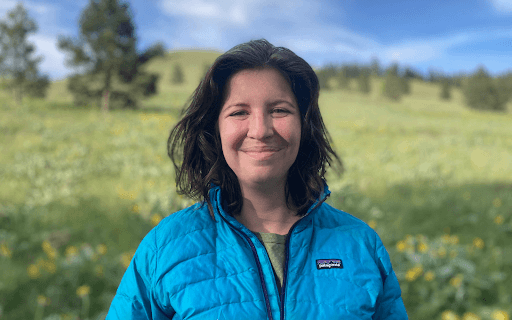
Leadership in Action
Advocating for Science at Capitol Hill with Dr. Jamie Peeler
COMPASS's Christina Hoenow interviews Dr. Jamie Peeler, a landscape ecologist dedicated to tackling forest conservation challenges in a more fire-prone world. She shares some of her reflections from the workshop, putting her communication skills into practice, and why engaging with communities and policymakers is so important....
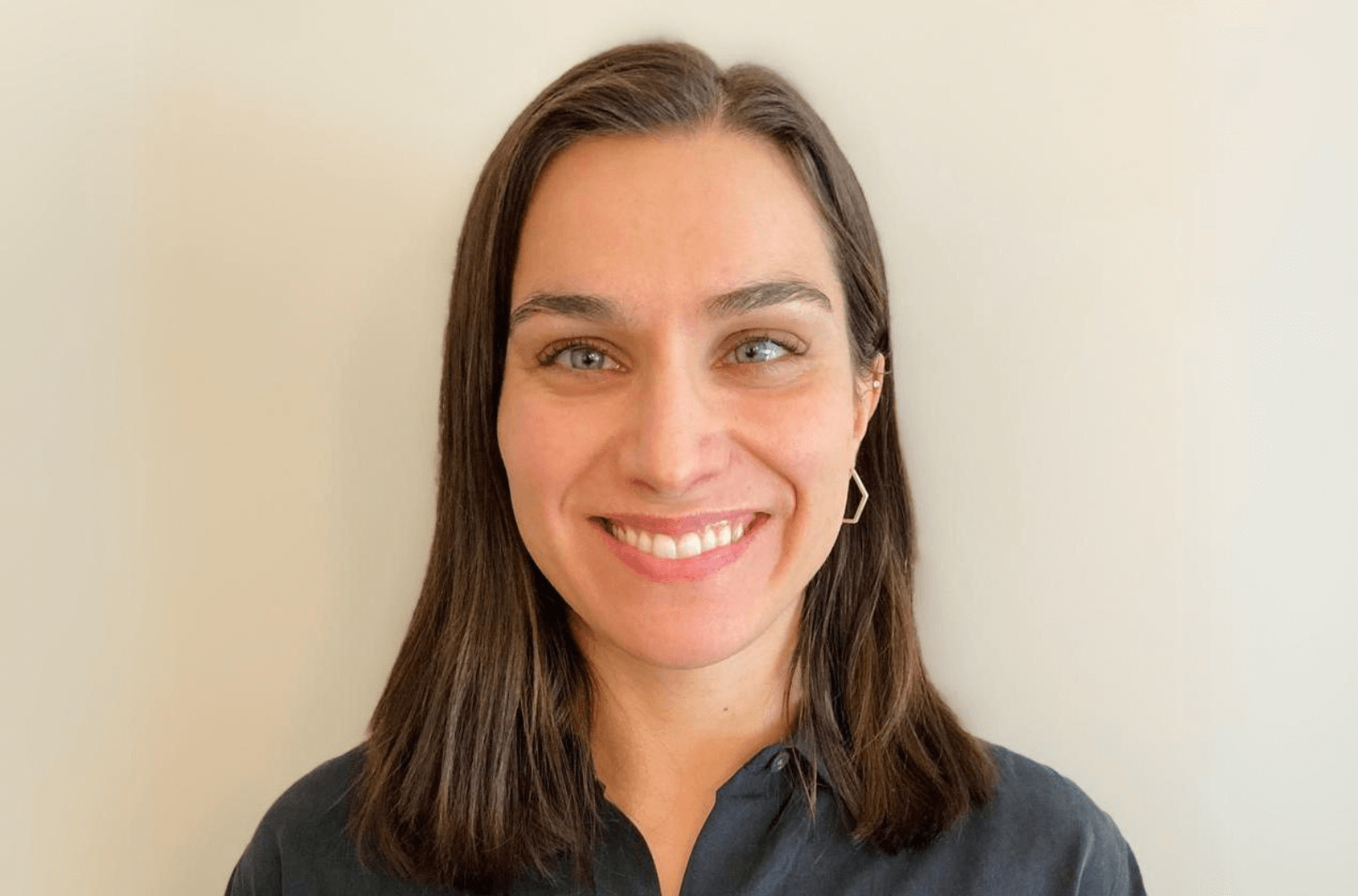
Leadership in Action
Just communication and engagement around new climate technologies with Dr. Sara Nawaz
Sara Nawaz is an environmental social scientist who studies the social dimensions of technologies and policies aimed at using the oceans to suck up CO2, an approach that researchers call marine-based carbon dioxide removal, or mCDR for short. In this interview with COMPASS’s Nicolle Etchart, why she's excited to work in this field and offers some insights on what scientists should consider when thinking about how to meaningfully and ethically engage with people around novel technologies....
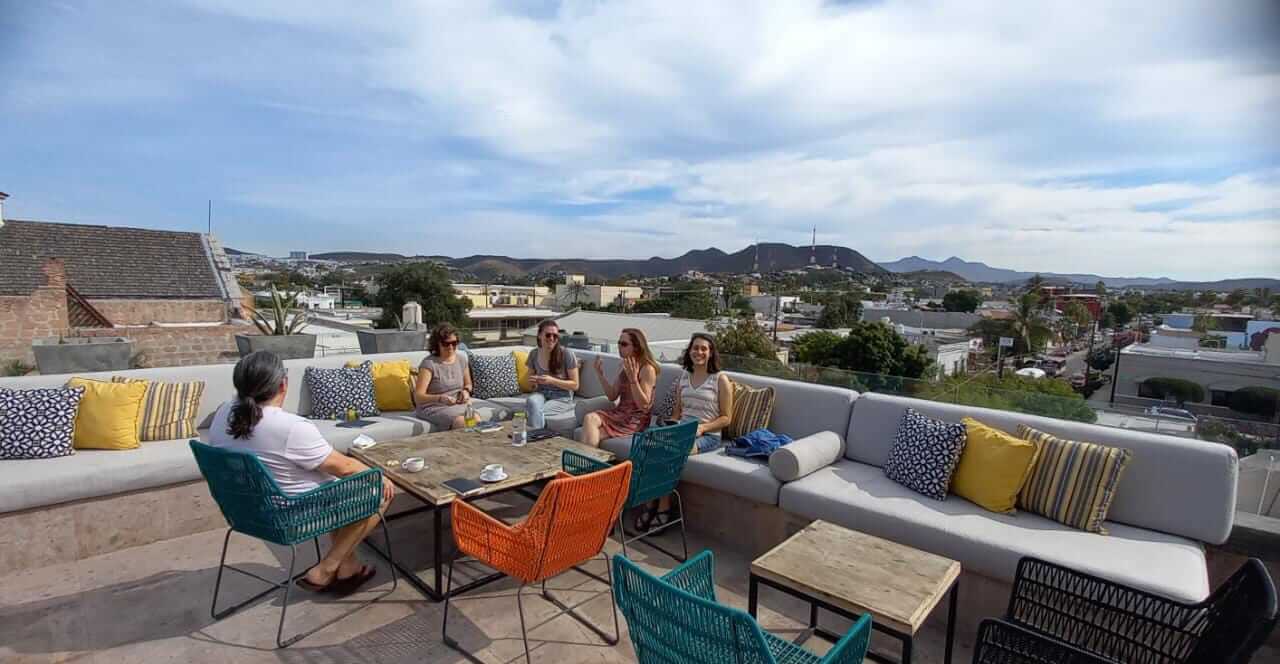
Leadership in Action
Leaders for Sea Change’ perspective, “Centering relationships to place for more meaningful research and engagement”
Along the sunset shores of northern California with waves gently crashing in the distance, 20 researchers spanning career stages and expertise gathered in solidarity to create the early drafts of “Centering relationships to place for more meaningful research and engagement.”
That is how I would like to begin this blog — however that is entirely not what ha...
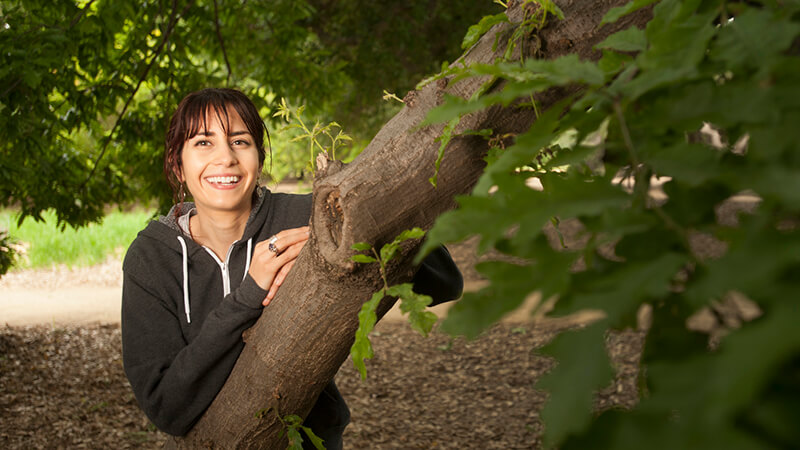
Leadership in Action
Cultural Burning and Wildfire Policy with Dr Nina Fontana
In this video, Dr. Nina Fontana joins COMPASS's Bob Crimian to reflect on her experience in the workshop, how she's building on the skills she learned, and why it's important to her to bring research back to communities and policy....
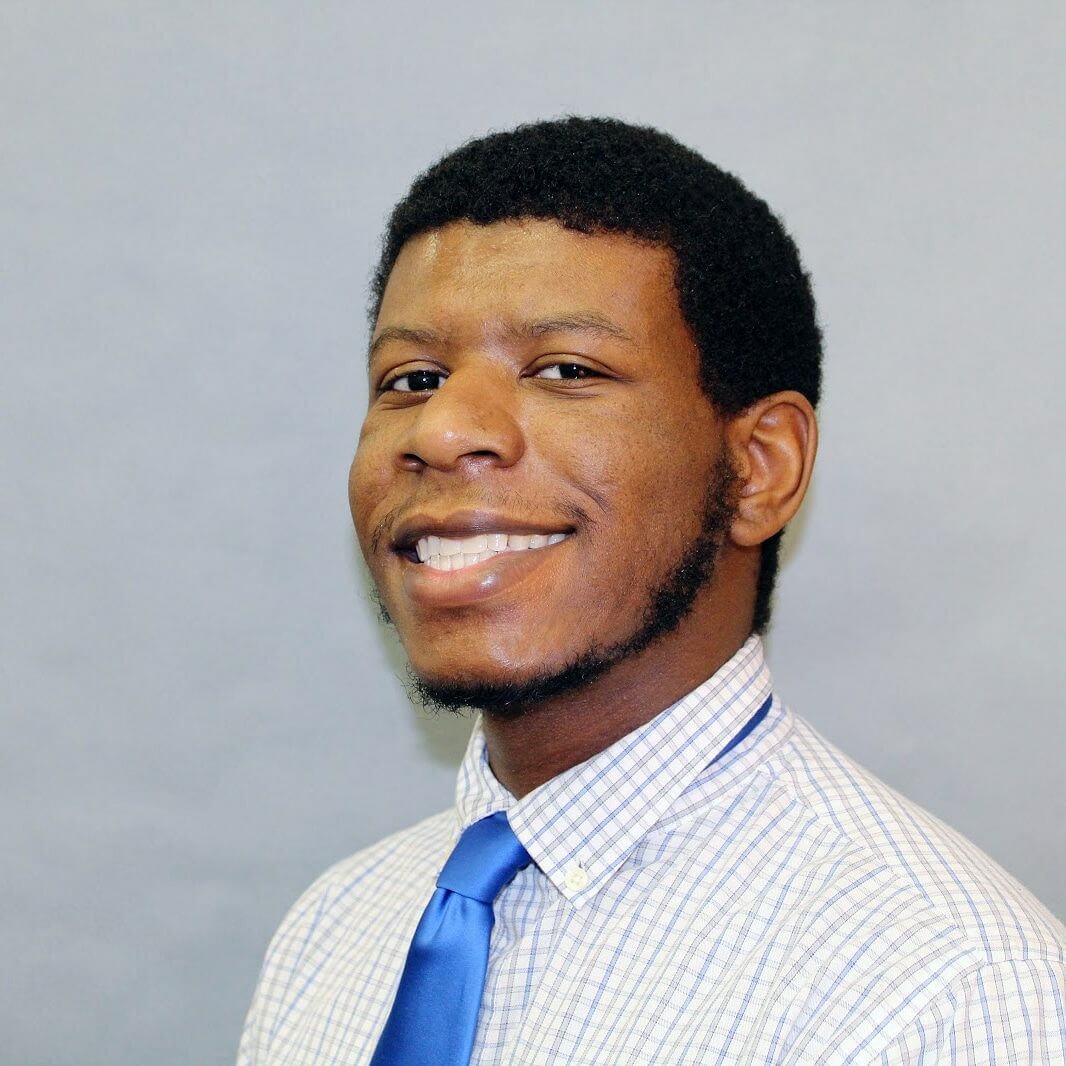
Leadership in Action
A Chained Earth
The environmental history of the southeastern United States — as in many parts of the “New World” — was irrevocably changed by the Trans-Atlantic Slave Trade. European colonization decimated Indigenous and Native communities, and the need for resources and cheap labor drove economic growth as the world entered the Industrial Revolution. While the landscape ...